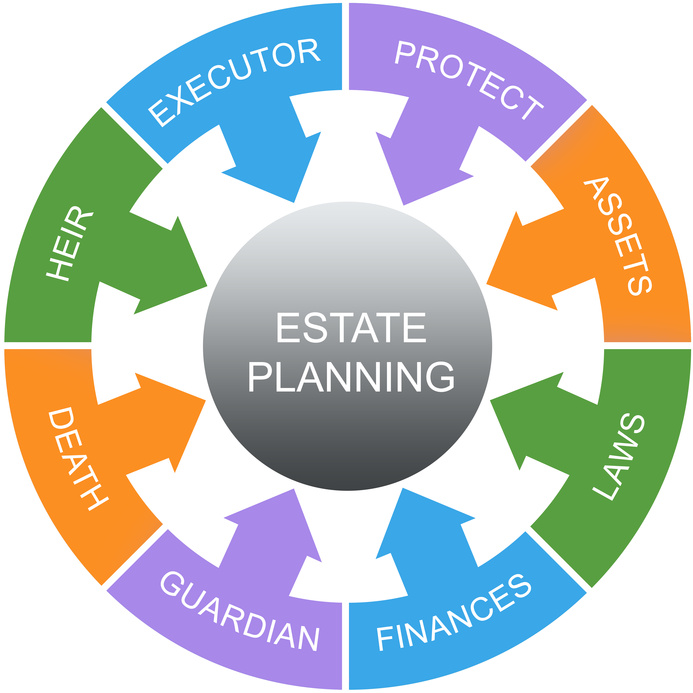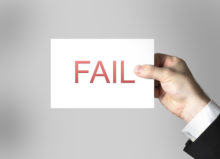What Happens If I Don’t Have an Estate Plan?

Clients often ask what will happen if they don’t have a Will and other estate planning documents.
Creating estate planning documents allows you to make sure things work out the way you want. Of course, many people never make a Will or other estate planning documents.
If you don’t create your own documents, Florida law provides a ‘default estate plan’ for you. Under this legal system:
- The probate court will distribute your property after your death according to statutory “intestate succession” rules. Depending on your circumstances, this may mean your spouse receives your entire estate, your kids may receive all or a portion of your estate, or more distant relatives may receive a portion of your estate.
- The heirs of your estate will receive their inheritance all at once. This may create problems if an heir is a minor (in which event a guardianship may be required to monitor the inheritance until the minor is of age). If an heir is receiving government benefits, receiving such an inheritance may disqualify the heir for such benefits. Finally, an heir may spend all of the inheritance quickly.
- The court will appoint a personal representative (executor) for your estate. This person will most likely be a close relative, but not necessarily.
- The court will appoint a guardian to care for your minor children. Leaving that decision to the court may result in a choice you would not have made!
- The court will appoint a guardian to care for you if you become incapacitated (no longer able to make your own financial or medical decisions).
Of course, all of these court determinations take time and expense (and heated litigation may result among your family members if disagreements arise). More importantly, you lose the ability to make the determinations yourself.
A proper Florida estate plan answers all of these questions. Such an estate plan typically includes the following documents:
- Last Will and Testament. This document (i) designates the Personal Representative (executor) of your probate estate and the guardian of your minor children, and (ii) disposes of your probate assets.
- Durable Power of Attorney. This document appoints your Attorney-in-Fact, who is authorized to deal with your property and financial affairs.
- Health Care Advance Directive. This document (i) appoints your Health Care Surrogate, who is authorized to make health care decisions on your behalf, and (ii) includes your Living Will, indicating your wishes concerning end-of-life decisions.
- Revocable Living Trust. This document is primarily used to (i) remove assets from the reach of probate administration, (ii) reduce estate tax exposure, and (iii) achieve particular distribution objectives, such as distributions to children over time rather than in a single lump sum. Whether a trust is beneficial for you depends on your personal situation.
In addition to the foregoing, clients sometimes request additional documents to (i) protect their estate from creditors, (ii) reduce the amount of taxes owed by their estate after their death, (iii) qualify for Medicaid nursing home benefits, and (iv) achieve other goals. These additional documents are not required in most estates, but these and other planning strategies may help your situation.
By the way, Florida law does not require annual or other periodic updates to your estate plan. Accordingly, once you create your documents, they are “good” forever from a legal perspective. Periodic changes in the law do occur, however, which may cause your documents to be interpreted or implemented differently.
Accordingly, from the perspective of keeping your plan current, you should consider updating your estate plan as financial, family and other changes occur in your life. A simple approach is to choose a day each year (birthday, New Year’s Day, etc.) that will remind you to think about your estate planning. As events occur, you can ask a lawyer to advise you whether your estate planning documents should be revised.
Give us a call and we will get started on your estate planning!


















